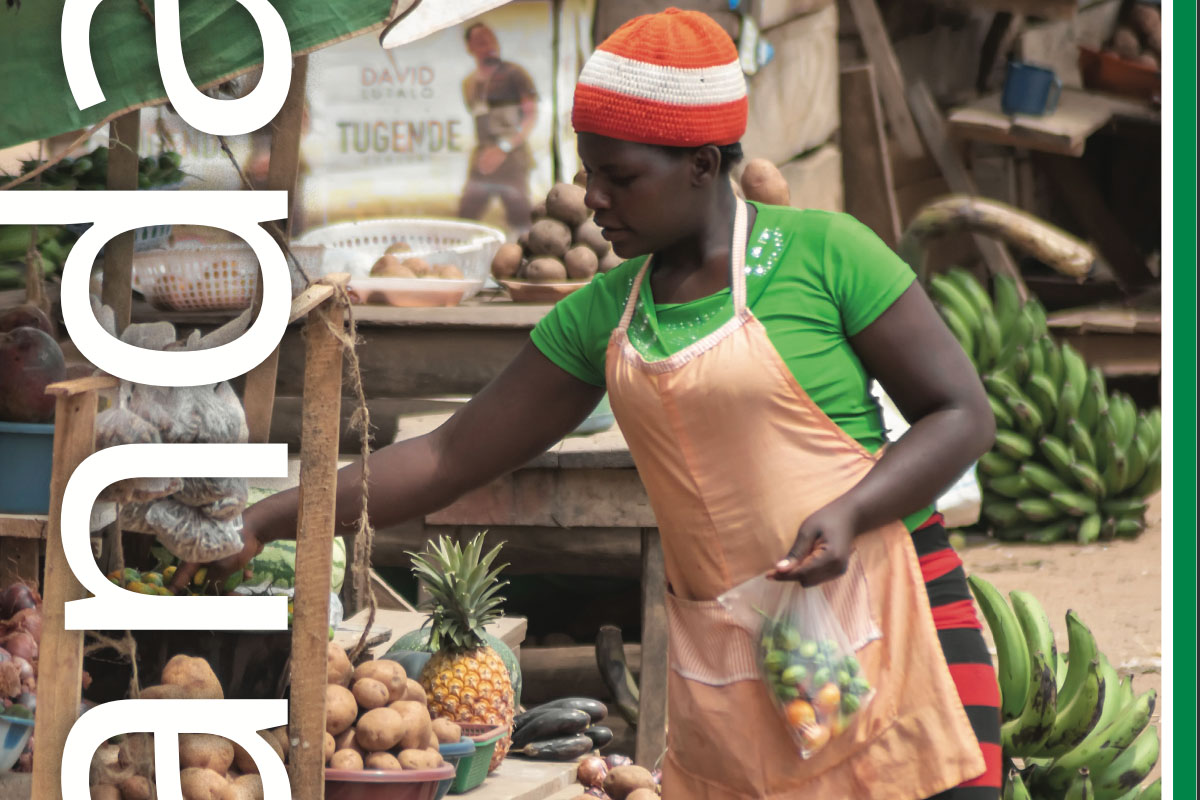
- Version
- Download 605
- File Size 6.80 MB
- File Count 1
- Create Date August 8, 2022
- Last Updated August 8, 2022
National Gender Assessment of the Land Sector Uganda
Uganda's 1995 Constitution set the country on an un- precedented governance path because of its explicit provisions on gender equality and women's rights, its declaration that land belongs to the citizens of Uganda, and its provisions for a participatory, decentralised system of government. Two and a half decades later, Uganda has undertaken various legal, policy, and institutional reforms that have created an enabling environment for deepening and even accelerating its efforts to reduce gender gaps in land, one of the areas where structural causes of gender inequality are deeply em- bedded. This gender assessment was undertaken to establish the current status of gender issues in land in light of Uganda's evolving policy reform processes to realise its national development aspirations towards becoming a modern middle-income country by 2040.
The importance of gender and land issues in the Ugandan context stems from the fact that a large pro- portion of the country's population is still heavily de- pendent on land as a productive resource to sustain their livelihoods. Women's access to land is especially important because they make up an even higher percentage of land users, and yet they have the weakest rights of access and control of land. This situation for women is further compounded by the fact that they play a central role in rural economies, generally, and in food production, specifically, and yet their decision making on the use of land where they invest their most productive labor is minimal.
Attached Files
| File | Action |
|---|---|
| National Gender Assessment of the Land sector - Uganda.pdf | Download |